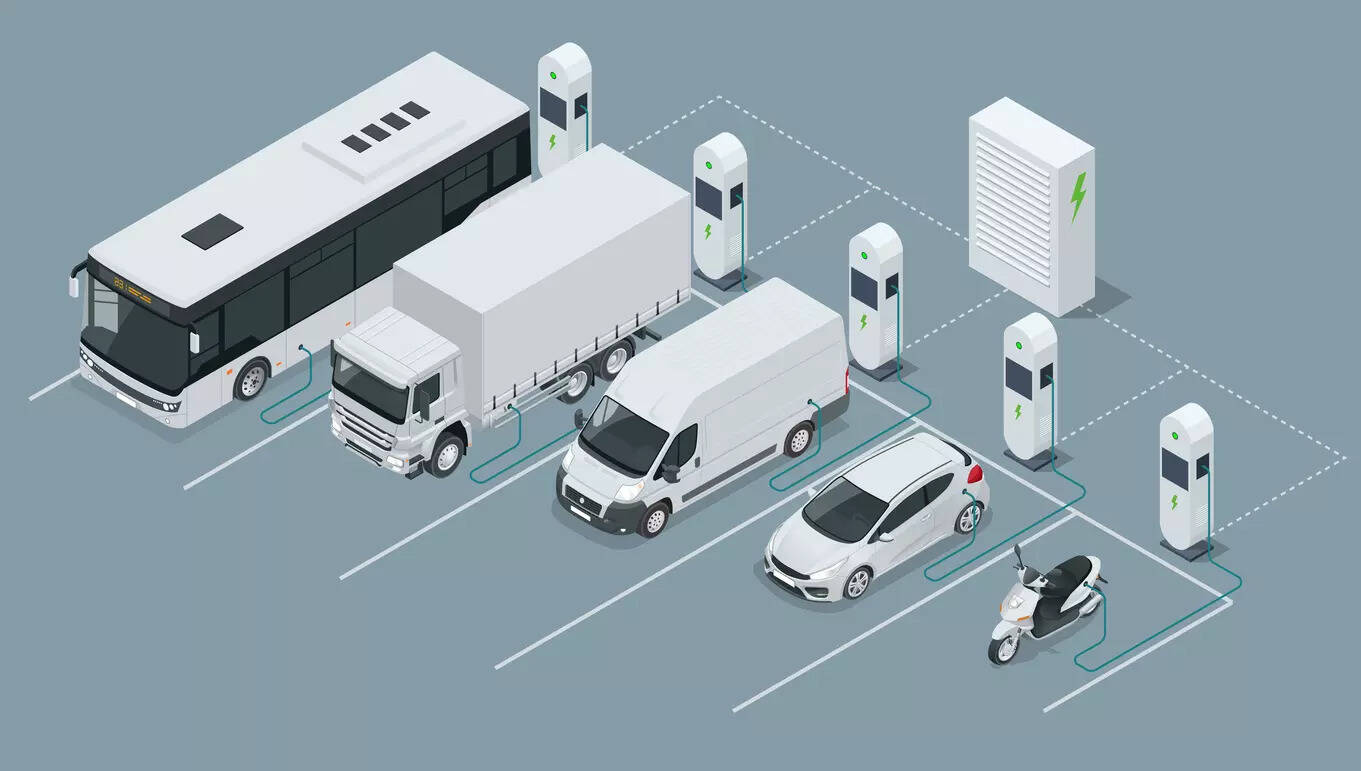
Thailand made changes to its electric vehicle incentive policy on Tuesday in order to encourage exports and head off a supply glut at home, which could have an impact on the overall car market, the country’s Board of Investment said.
Every EV produced for export will now count as 1.5 units towards a manufacturer’s local production obligations, the agency said in a statement.
“This is to incentivise automakers to increase exports and prevent domestic market oversupply,” it said.
In July, the agency revised its EV policy to give carmakers more flexibility to meet production requirements and boost exports.
Southeast Asia’s second-largest economy is the regional auto production and export hub for top carmakers like Toyota and Honda. Chinese brands dominate the EV segment, with a combined share of over 70 per cent of sales.
Thailand’s EV policies, which also include tax breaks and price subsidies, have drawn more than $4 billion in investments, including from Chinese firms like BYD and Great Wall Motors.
